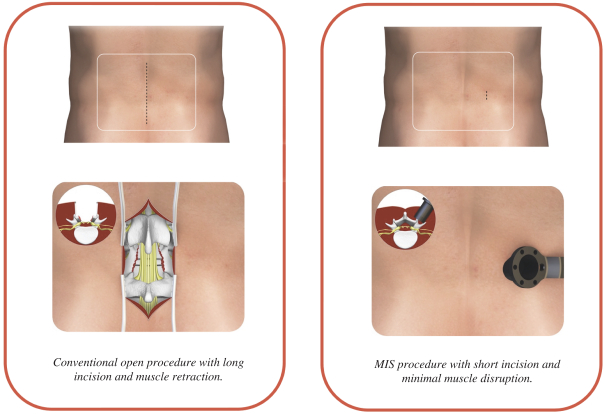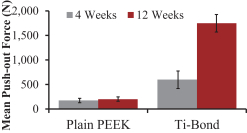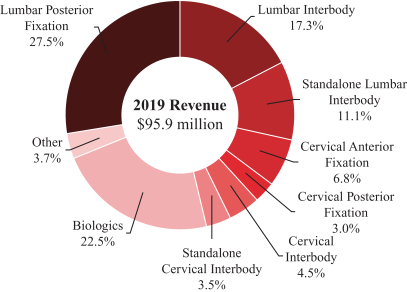the ACA on certain individuals who fail to maintain qualifying health coverage for all or part of a year that is commonly referred to as the “individual mandate.” On December 14, 2018, a U.S. District Court Judge in the Northern District of Texas, ruled that the individual mandate is a critical and inseverable feature of the ACA, and therefore, because income penalties related to the individual mandate were repealed as part of the Tax Act, the remaining provisions of the ACA are invalid as well. On December 18, 2019, the U.S. Court of Appeals for the 5th Circuit upheld the District Court’s decision that the individual mandate was unconstitutional but remanded the case back to the District Court to determine whether the remaining provisions of the ACA are invalid as well. The U.S. Supreme Court has now agreed to review the case, though it is unclear when or how the Supreme Court will rule.
Other legislative changes have been proposed and adopted in the U.S. since the ACA was enacted. On August 2, 2011, the Budget Act was signed into law, which, among other things, reduced Medicare payments to providers by 2% per fiscal year, effective on April 1, 2013 and, due to subsequent legislative amendments to the statute, were to remain in effect through 2029. The CARES Act temporarily suspended these reductions from May 1, 2020 through December 31, 2020 and extended the sequester an additional year to 2030. On January 2, 2013, the American Taxpayer Relief Act was signed into law, which, among other things, reduced Medicare payments to several providers, including healthcare facilities, and increased the statute of limitations period for the government to recover overpayments to providers from three to five years.
Moreover, there has recently been heightened governmental scrutiny, including increasing legislative and enforcement interest, over the manner in which manufacturers set prices for their marketed products, which has resulted in several Congressional inquiries and proposed and enacted legislation designed, among other things, to bring more transparency to product pricing, review the relationship between pricing and manufacturer patient programs and reform government program reimbursement methodologies for products. Individual states in the U.S. have also become increasingly active in implementing regulations designed to control product pricing, including price or patient reimbursement constraints, discounts, restrictions on certain product access and marketing cost disclosure and transparency measures and, in some cases, mechanisms to encourage importation from other countries. Furthermore, there has been increased interest by third-party payors and governmental authorities in reference pricing systems and publication of discounts and list prices.
We expect additional healthcare reform measures to be adopted in the future, any of which could limit the amounts third-party payors will pay for healthcare products and services, which could result in reduced demand for our products or additional downward pricing pressure.
Data Privacy and Security Laws
We are also subject to various federal, state and foreign laws that protect the confidentiality of certain patient health information, including patient medical records, and restrict the use and disclosure of patient health information by healthcare providers, such as HIPAA, as amended by HITECH, in the U.S.
HIPAA requires the notification of patients, and other compliance actions, in the event of a breach of unsecured protected health information (“PHI”). If notification to patients of a breach is required, such notification must be provided without unreasonable delay and in no event later than 60 calendar days after discovery of the breach. In addition, if the PHI of 500 or more individuals is improperly used or disclosed, we could be required to report the improper use or disclosure to the U.S. Department of Health and Human Services (“HHS”) which would post the violation on its website, and to the media. Failure to comply with the HIPAA privacy and security standards can result in significant civil monetary penalties per violation, and, in certain circumstances, criminal penalties with additional fines per violation and/or imprisonment.
In addition, even when HIPAA does not apply, according to the Federal Trade Commission (the “FTC”) failing to take appropriate steps to keep consumers’ personal information secure constitutes unfair acts or practices in or affecting commerce in violation of Section 5(a) of the Federal Tort Claims Act, 15 U.S.C § 45(a).
153














































